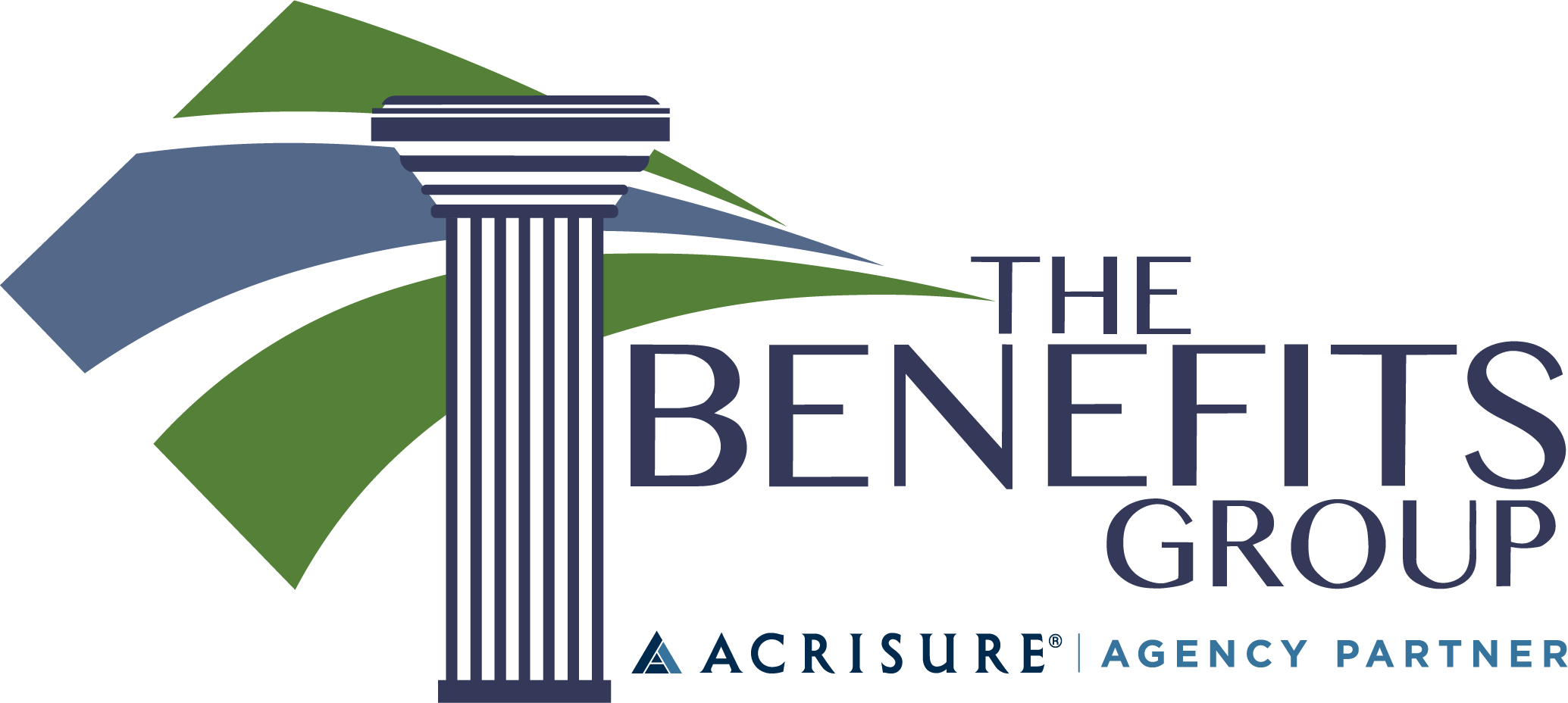ERISA Compliance
Companies have options when it comes to providing employee benefits, but the Employee Retirement Income Security Act (ERISA) establishes the minimum standards while protecting the retirement assets of American workers. ERISA Compliance applies to health plans, retirement plans, life insurance, and disability insurance.
Ensure your company is compliant with ERISA by using TASC’s Checklist (PDF).
Is Your Company In Compliance With ERISA?
Compliance with ERISA is far easier when an organization knows the act’s extensive rules. If you are a plan administrator, the following checklists can help diagnose your company’s level of compliance. The points below are by no means comprehensive. However, knowing that you are potentially in violation of an ERISA requirement on either of these lists means it’s time to align yourself with an ERISA compliance expert.
If you answer “yes” to any of the following questions, you may not be in full compliance with ERISA’s requirements:
- Have you ever been subject to a Department of Labor audit?
- Have you ever had an employee file a claim for violation of his or her ERISA rights?
- Do you have other ERISA plans such as a Section 125 Plan with Flexible Spending Accounts (FSAs) or Health Reimbursement Accounts (HRAs)?
If you answer “no” to any of the following questions, you may be in violation of Title 1 of ERISA that governs Health and Welfare Benefit plans:
- Do you have an ERISA plan document for the ERISA health and welfare benefits (e.g., health, dental, vision, life AD&D employer-paid LTD and/or STD, severance insurance policy, Wellness/EAP, and or voluntary benefits that are pre-taxed under a Section 125 Plan) you offer to your employees?
- Do you have a Summary Plan Description (SPD)? (ERISA requires that all participants receive an SPD. Participants can be awarded a penalty assessment of $110 a day for each day he or she is not provided with an SPD after requesting one in writing.)
- If you have an SPD, have you distributed the SPD to each participant within 90 days of his or her first day of coverage? (Most Employer/Plan Sponsors assume that the EOC’s/certificates of coverage from the insurance carriers meet these requirements. They do not. A separate ERISA SPD must “wrap” around the certificates to meet ERISA documentation requirements.)
- If you have ever amended your ERISA Plan Document/Summary Plan Description, did you provide a Summary of Material Modification (SMM)?
- If you have over 100 enrolled participants in any benefit, have you ever filed a Form 5500 with applicable schedules? (ERISA imposes a $1,100/day penalty for each day this filing is late up to a maximum penalty for large employers (over 100) of $30,000 annually.)
- Have you ever completed and distributed a Summary Annual Report (SAR)?
- Do you have separate ERISA plan documents and SPDs and have they been assigned ERISA plan numbers?
Being out of compliance with ERISA can lead to government fines, which can be quite costly for an employer. Tightening the budget is fair, but you would be wise to avoid cutting corners if it could result in non-compliance with ERISA and jeopardize the futures of your employees.
Are You Afraid Of ERISA Non-compliance?
If meeting ERISA requirements sounds like a daunting responsibility, you’re right. Compliance efforts are a demanding, full-time job. Assigning the work of compliance to an already-busy human resources staff member takes them away from their principal job duties. Plus, the learning curve and constantly changing ERISA regulations can be quite steep. Inadequate knowledge and confusion leads to problems, even if your company is trying to comply with ERISA.
Outsourcing ERISA compliance efforts minimizes concerns about making mistakes while attempting to provide employees with quality benefits. An ERISA authority provides expertise in areas that may otherwise elude you and your employees, such as:
- Maintaining flexible plan designs.
- Preparing the plan document with all applicable schedules.
- Providing secure software for the employer to upload the plan doc to the Department of Labor.
- Providing the summary plan description, including the Summary of Material Modification (SMM) and Summary Annual Report (SAR).
- Providing disclosure guidelines.
An ERISA authority has all-inclusive fees, so there will be additional charges or hidden fees.
Is it worth it for you to offer such extensive benefits to employees? Absolutely. Your reputation as a generous company will grow with you, and employees will be far more dedicated and easier to retain when they know you have invested in them in more ways than one. Research has shown that many employees will not save enough for retirement on their own unless their employer makes a plan available.
Work with an ERISA authority who will institute attractive, competitive retirement benefits and policies. Plus, your ERISA expert will manage risks and costs simultaneously, while insuring that your plan complies with ERISA standards and is designated as a “qualified plan.” A qualified plan offers generous contributions and tax deferral maximums – this is a win for both employer and employee.
Contact The Benefits Group today to discuss outsourcing ERISA compliance responsibilities to an expert. You will be connected with a preferred vendor who will manage ERISA compliance for you and guide you every step of the way.
The Benefits Group – Your Source For Michigan Group Health Insurance.
Have questions? Take advantage of our extensive resources.
Contact Us
